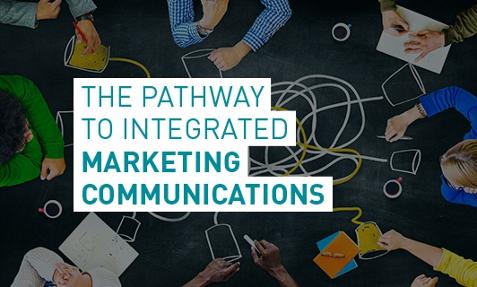Similar to the flow of my class last year, this year’s course often left me engrossed in conversations with my students about current trending events. While they can sometimes get heated, open conversations always serve as a great learning opportunity.
A popular topic in class this year has been the water crisis in Flint, Michigan. One of my students is actually from Flint, so the issue very much hits home. Shortly after President Obama declared a state of emergency in the city and surrounding county, Gov. Rick Snyder announced that he had hired a national public relations firm, as well as another communications expert, to help with communications during the crisis. In the eyes of many, this wasn’t seen as a noble act. Instead, in some ways, it hurt the situation even more.
The discussion that captivated my students was this: yes, the events that led to Flint’s water crisis were severely mishandled, and numerous warning signs were ignored. But why does the hiring of a public relations firm immediately equate to a confession of guilt?
For as long as I can remember, even before I launched PAN, there has always been this underlying assumption that us PR folks are defending the bad guys. As a society, we’ve all become accustomed to the idea that hiring a communications firm or expert automatically means a company or individual has done something wrong. Think about it – the Redskins hired a public relations firm in 2014 as they battled criticism that its name is a racial slur. Peyton Manning hired a crisis communications expert to deal with allegations he received HGH while recovering from neck surgery. None of that sounds very positive, does it?
Thinking about it from an outsider’s perspective, it is not surprising that this is the image of PR people have in their heads. But as those of who work in the industry can attest, the clients we work with on a day-to-day basis are well-intending people and companies looking to make a name from themselves within their respective industry. In reality, most of us aren’t actually defending the bad guys: we are partnering with the good guys.
The conversation about the water crisis in Flint gave me an opportunity to spend some time talking about, and differentiating between, crisis communications and what majority of us do here at PAN. Crisis communications is just a part of the giant pizza pie that is public relations. Although it is often the most publicly recognizable act of PR, my students were surprised to hear that our days at PAN are not spent handling high-profile crisis situations.
That’s not to say we haven’t handled our fair share of crises, but our clients don’t come to us solely for this purpose. They come us looking to tell their story, to launch a product, to assist with a re-brand, to share a compelling viewpoint, to get the attention of potential investors. There’s laundry list of reasons for which clients want to engage with PAN, and it’s usually not because something bad has happened.
As the PR industry continues to change and evolve, it’s important to me that I talk to my students about the different avenues they can pursue. The conversation around the water crisis in Flint has been one of my favorite discussions to date because it really allowed us to dig into how the public’s perception of our industry. For my readers – what is your take on Gov. Synder’s decision to hire two PR firms? Is he a bad guy in a suit…or he is just trying to set the record straight?
This blog post is part of larger series, ‘Cuse Chronicles by a CEO, from PAN President & CEO, Philip A. Nardone, Jr., as he chronicles his experience teaching at Syracuse University’s Newhouse School of Public Communications.



 Source:
Source: 
